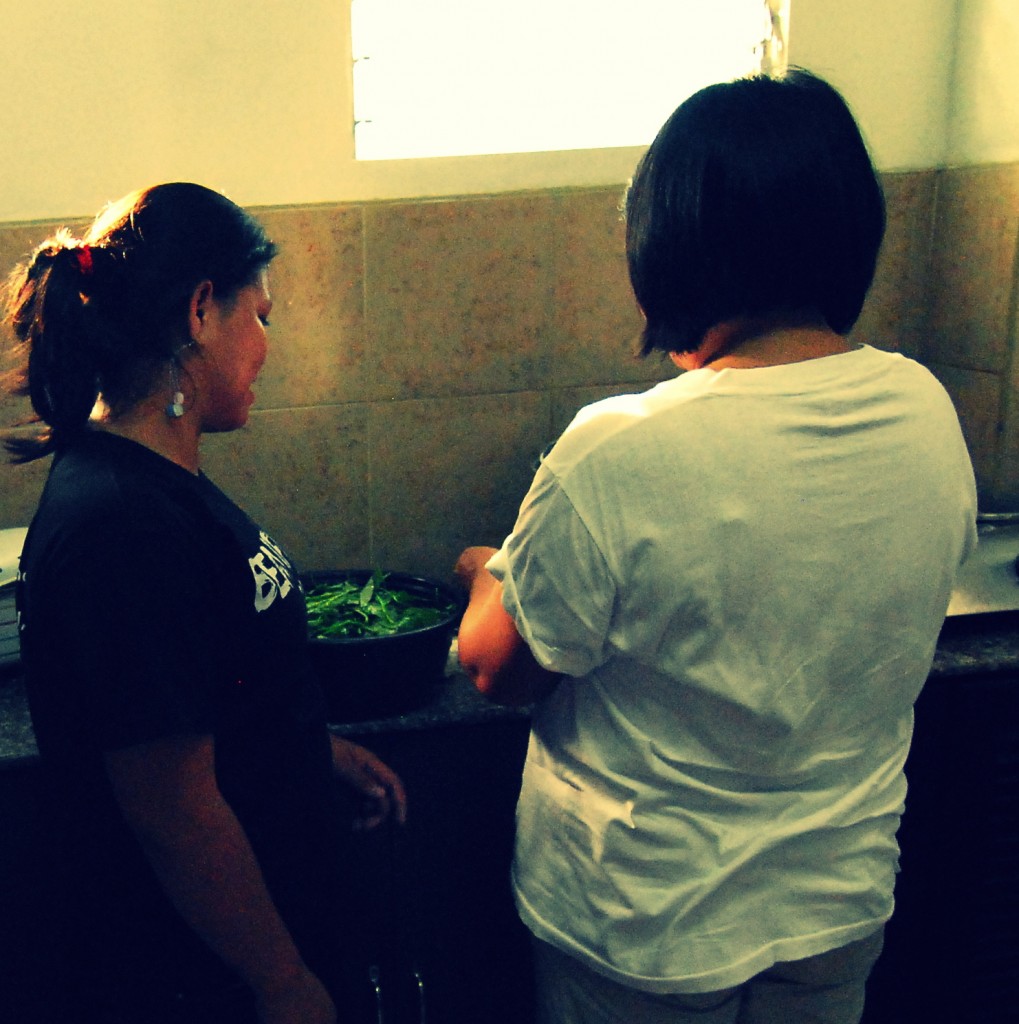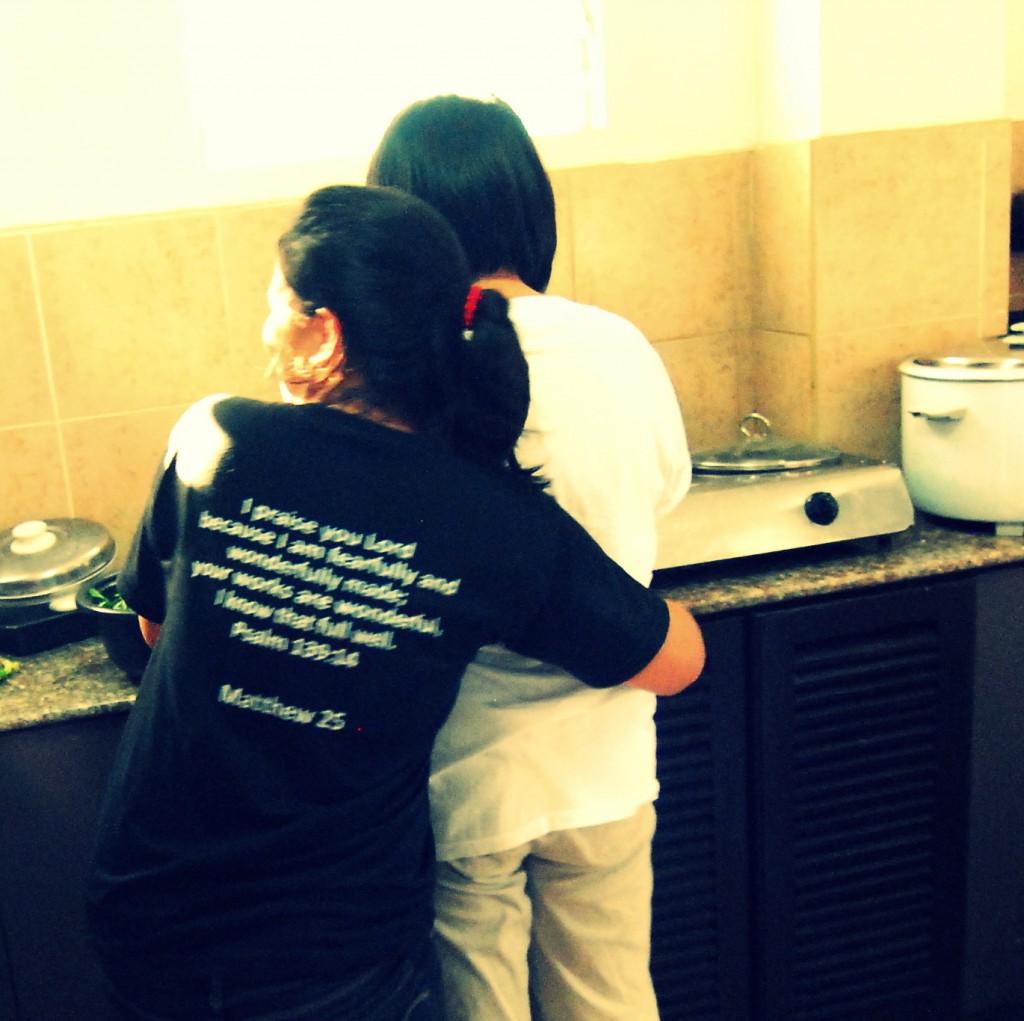What are your most poignant memories from childhood? For many of us, memories of helping our mothers cook hold a particular place in our hearts. The smell of wonderful things that you will soon get to taste, helping to measure ingredients or stir the contents of the bowl, sinking up to your elbows in bubbles to wash the dishes or (for me) licking the excess batter off the spoon and bowl.
While your most intense memories of childhood may not be related to cooking or baking, there’s a good chance they involve more than one of your senses: sight, smell, touch, and/or hearing. The instances that affect many of your senses are usually the ones that leave the biggest impact on you. Just think about how hearing a particular song can instantly take you back to a time and place, or smelling a smell that made you sick once can instantly make your stomach upset.
When working with children who have suffered from traumatic events, this principle is something that has revolutionized work around the world. It’s so simple and yet so profound. When traumatic events happen, all of your senses are overstimulated. Whether this is some sort of abuse, or a disaster like a fire or flood, your senses are working overtime to take in all that is around you, to protect yourself, and because of that and the intense emotions that accompany them (fear), the memories are much more poignant and stick with you for much longer. And your brain, in an effort to keep you safe, intensely remembers sights, smells and sounds that bring up the traumatic event, causing you to be on edge often.
So, the question is, how do you combat that? How do you replace those intense traumatic experiences that the brain is constantly trying to reinforce to keep you safe? One way is to create memories, safe experiences, completely void of fear and anxiety that touch as many of your senses as possible.
And one way that we do that… teaching the girls how to cook. They love spending time with Auntie Mila, our faithful culinary genius, they love learning skills that are useful when they leave our home, and they love to eat! Take a look at a few pictures that were recently taken of one of our girls enjoying her time with Auntie Mila.
Want more info on Trauma, or resources to learn more about working with kids with Trauma? Check out “The Boy Who Was Raised By a Dog” by Dr. Bruce Perry, or any of his other resources at www.childtraumaacademy.com





